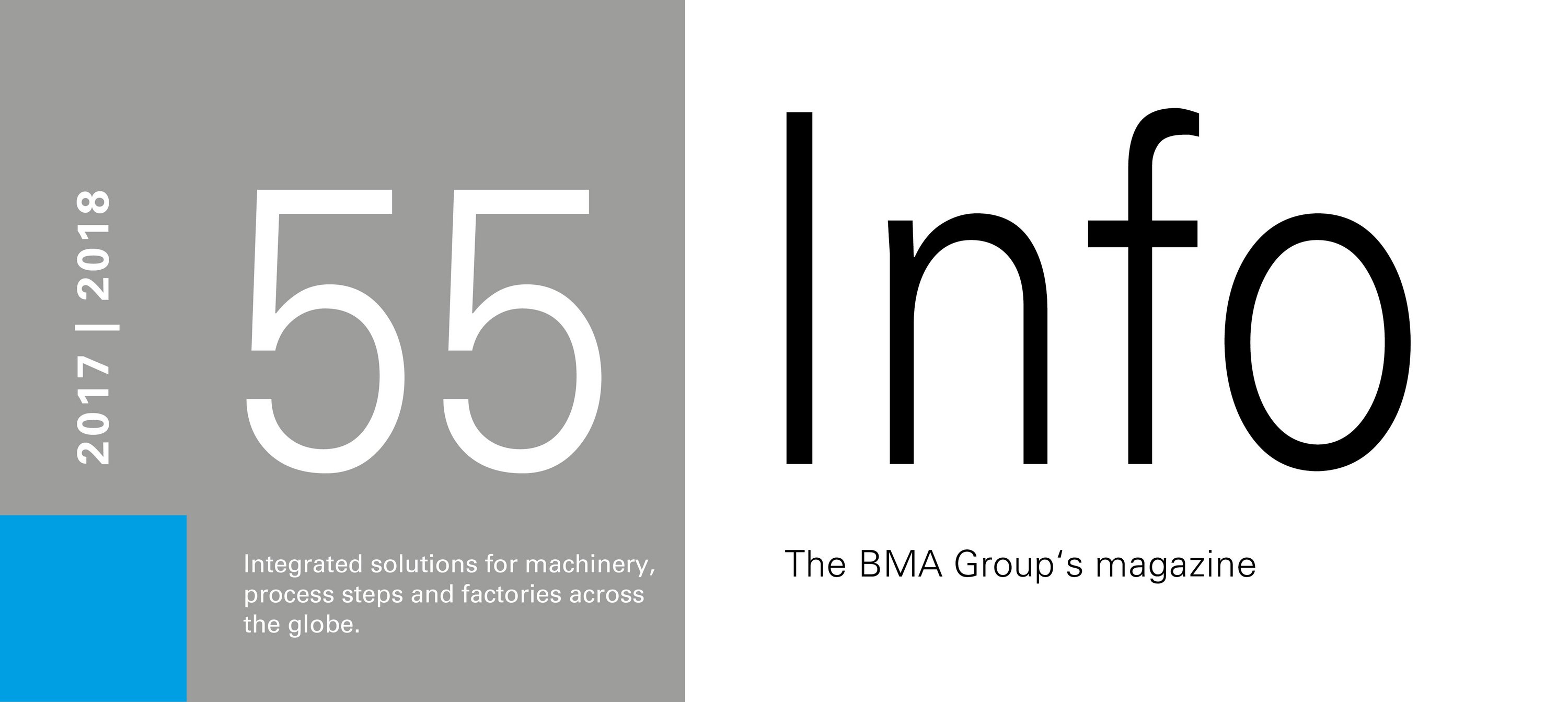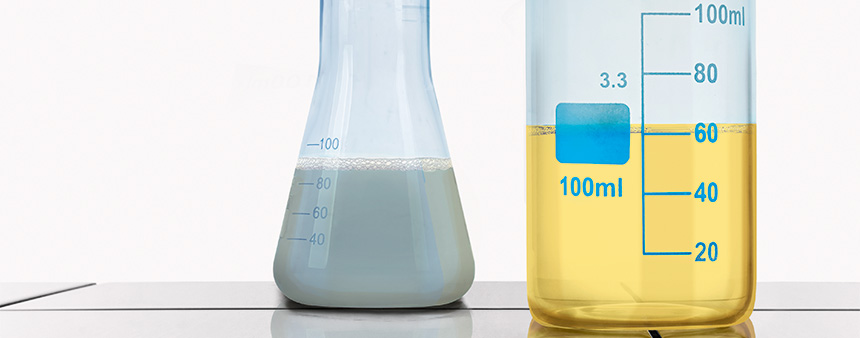Sugar factories and refineries opt for a tried and tested method

01.07.2017
The renaissance of juice purification from Braunschweig
BMA has a tradition of developing juice purification systems. Milestones include the “Braunschweig Juice Puri cation System 65” and its successor “BMA 78”. The focus of current projects is on upgrading and optimising existing systems and building new ones.
What makes the process used in the BMA 65 and BMA 78 systems special is that it is based on the pre-carbonation principle: raw juice is mixed with 1st carbonation juice concentrate and heated to 80 °Celsius. Carbonation gas is then applied to this mixture. Calcium, which is needed to form calcium carbonate, is recirculated seven to ten times from the downstream intermediate liming unit for application at the pre-carbonation stage.
The impact of a high pH
As in conventional juice purification, most of the milk of lime is added to the juice before hot main liming. Its high pH largely eliminates the invert sugar, as well as preventing an increased formation of colour. This first carbonation is followed by a first separation of solids in concentrators or concentrating filters. After this come further heating, a second carbonation step, filtration of the carbonation juice and finally safety filtration. The result: a thermostable thin juice containing up to 40 percent less non-sugar than the raw juice.
As beet quality had improved in recent years, the conventional juice purification process had become the standard. This involves the raw juice going through a preliming stage in a Brieghel-Müller system, followed by cold and then hot main liming. But now, juice purification from Braunschweig is experiencing a renaissance.
Beet campaigns have become longer, so companies can achieve better capacity use of their sugar production plants. But with extended storage periods, the beets deteriorate, as they can be damaged by both frost and heat. This is where juice purification from Braunschweig steps in: the process largely removes the invert sugar that is formed because of deterioration.
Take two for flexibility
BMA supplies engineering services, equipment and automation systems, both for conventional juice purification and the Braunschweig process. The two methods can also be combined: when beet quality is high, the conventional method is used; when filtration is no longer easily possible and / or the share of invert sugar increases during the campaign, producers can switch to pre- carbonation and intermediate liming.
Only recently, juice purification systems from BMA were mostly used in large-scale beet sugar factory and refinery projects. But we have moved on from BMA 65 and BMA 78, further enhancing our equipment: as well as integrating Richter tubes in all our carbonation systems, we have improved retention times and enhanced process-engineering aspects of the design.


